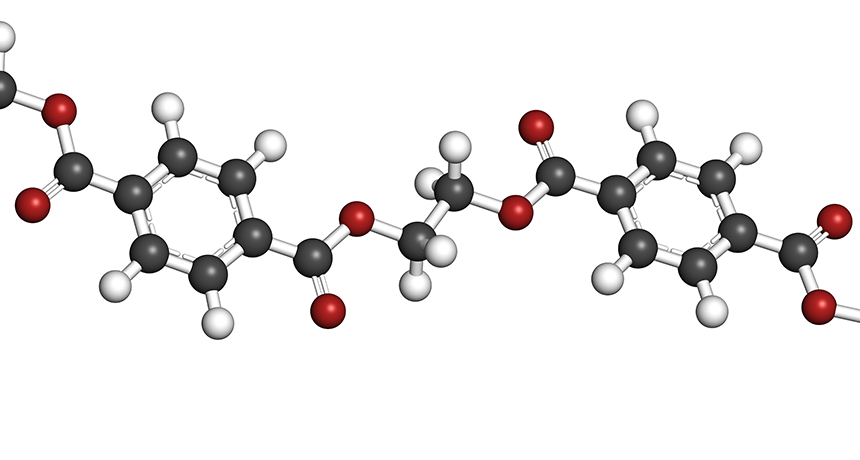Leading Uses Polymers: Enhancing Everyday Products
Leading Uses Polymers: Enhancing Everyday Products
Blog Article
Exploring the Varied Applications and Benefits of Polymers in Different Industries
Polymers, with their diverse variety of properties and functionalities, have come to be essential in different markets, each gaining one-of-a-kind advantages from their application. From improving safety and security and efficiency in the auto sector to changing medical gadgets in the medical care industry, polymers play an essential duty.
Automotive Sector Applications
Polymers play an essential duty in enhancing the efficiency and resilience of various elements within the auto sector. One noticeable usage of polymers in the auto sector is in the manufacturing of light-weight elements.

Healthcare Sector Benefits
In different health care applications, the benefits of using polymers are extensively identified for their diverse variety of useful residential or commercial properties. Polymers play a vital duty in the medical care sector as a result of their convenience, biocompatibility, and cost-effectiveness. Among the key benefits of polymers in medical care is their capability to be customized to certain demands, such as versatility, durability, and biodegradability, making them ideal for a variety of medical applications.
Polymer-based materials are thoroughly made use of in clinical tools, such as catheters, implants, prosthetics, and medicine distribution systems, as a result of their biocompatibility and ability to mimic natural tissues. These materials can decrease the threat of allergic reactions or beings rejected, boosting person safety and security and end results. Additionally, polymers are lightweight, making them ideal for wearable clinical devices and making certain patient comfort.
Additionally, polymers allow the development of innovative therapy techniques, such as hydrogels for cells engineering and nanocomposites for targeted medicine shipment. Their convenience of processing and sanitation makes them essential for keeping high requirements of health in healthcare settings. In general, the diverse advantages of polymers add substantially to advancements in medical modern technology and client treatment.
Ecological Benefits of Polymers

Moreover, polymers can add to power cost savings due to their light-weight nature. In sectors such as transportation, light-weight polymer materials can help in reducing fuel intake and greenhouse gas discharges. In addition, polymers can enable the advancement of energy-efficient products such as insulation materials that boost energy conservation in structures.
Moreover, polymers play a vital function in decreasing water contamination. The helpful resources use of polymer-based filtering systems can efficiently eliminate pollutants and contaminants from wastewater, safeguarding water sources and ecological communities. Generally, the ecological benefits of polymers make them beneficial possessions in advertising sustainability and green techniques throughout numerous sectors.
Polymers in Electronic Devices and Technology
Thinking about the increasing need for cutting-edge and sustainable solutions in modern-day markets, the integration of innovative polymer modern technologies in the realm of electronics and modern technology has emerged as a pivotal approach for driving effectiveness and performance. Polymers have actually transformed the electronics market by enabling the manufacturing of lighter, a lot more flexible, and sturdy digital devices. From smartphones to clinical tools, polymers play a critical duty in pop over to these guys improving product layout and capability.
One considerable advantage of polymers in electronic devices is their protecting residential or commercial properties, which aid shield delicate digital parts from environmental variables and electric interference. In addition, polymers are necessary in the advancement of flexible display screens, wearable innovation, and published electronics, offering limitless possibilities for developing smart and interconnected tools.
Additionally, making use of polymers in digital product packaging has resulted in advancements in miniaturization and thermal monitoring, improving the general efficiency and reliability of electronic systems. As technology remains to develop, the versatility and versatility of polymers will unquestionably drive even more innovation in the electronic devices market, forming the future of innovation.
Function of Polymers in Building and Facilities
The combination of advanced polymer products in construction and framework projects has revolutionized the method structures are developed and constructed in contemporary times. Polymers offer many advantages in the building sector due to their adaptability, durability, and cost-effectiveness. One key role of polymers in building and construction is their usage in layers and sealers, giving defense against environmental aspects such as moisture, UV radiation, and corrosion. In addition, polymers are made use of in the production of light-weight and high-strength composite products, enhancing the structural honesty Resources of buildings while lowering general weight.
Furthermore, polymers play an important role in lasting building techniques by making it possible for the advancement of energy-efficient structures. Shielding materials made from polymers aid control indoor temperature levels, minimizing the requirement for heating and cooling systems and inevitably reducing energy intake. The use of polymer-based compounds in facilities jobs such as bridges and roadways enhances their longevity and minimizes upkeep costs. On the whole, the incorporation of polymers in construction and framework showcases their substantial influence on modern-day engineering methods.
Verdict
In conclusion, polymers play an important function in various industries such as automotive, healthcare, ecological, electronic devices, and building. From improving fuel effectiveness in cars to boosting medical tools, polymers use various advantages.
Report this page